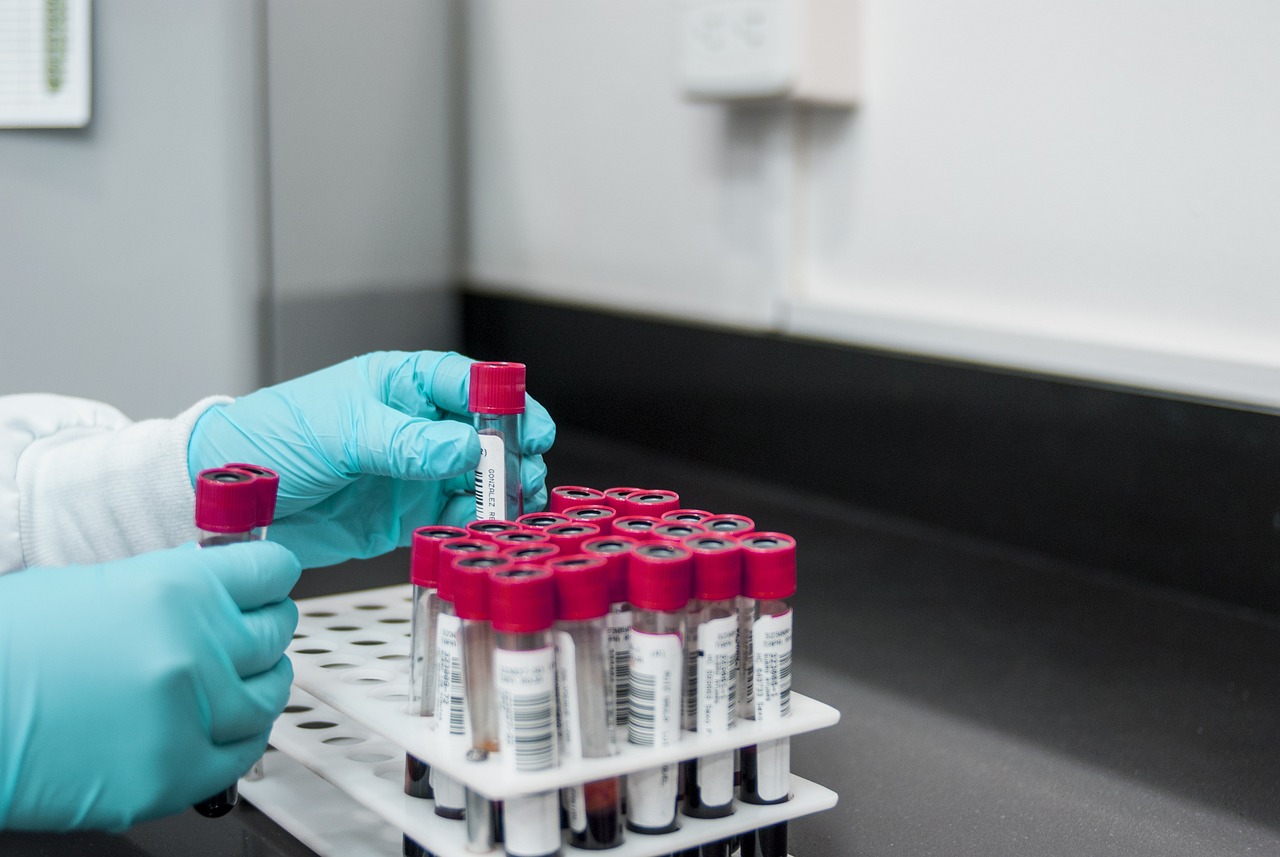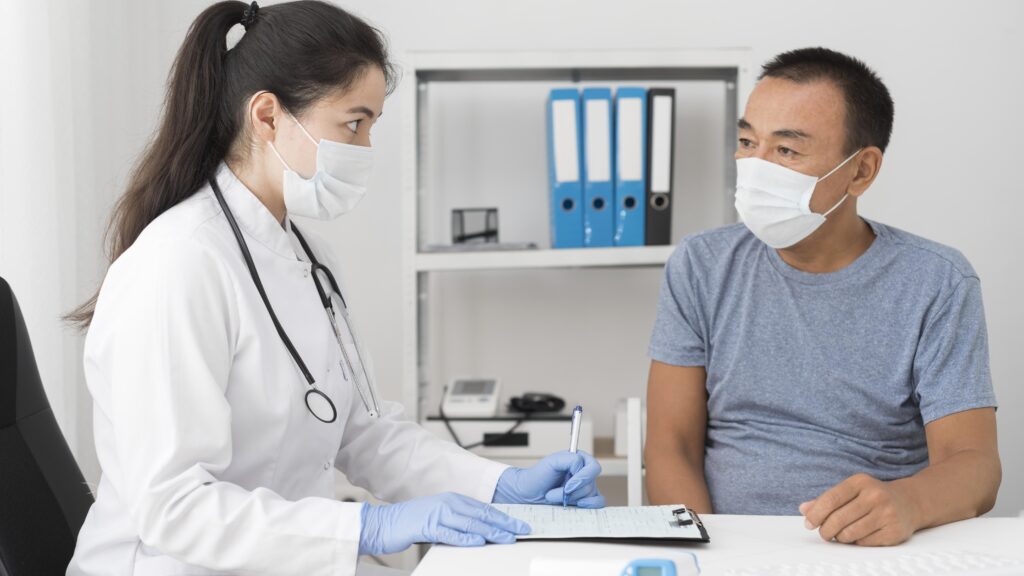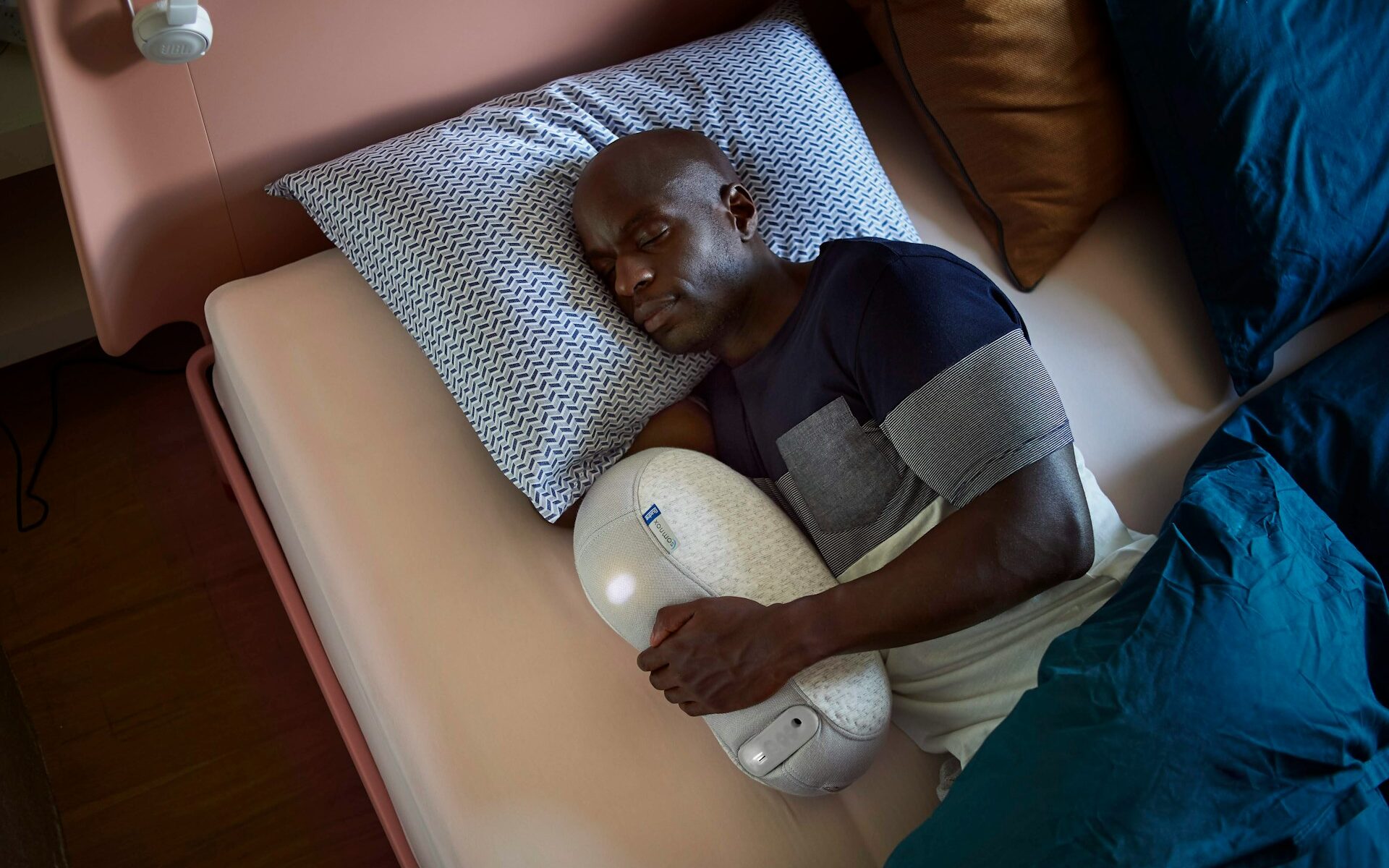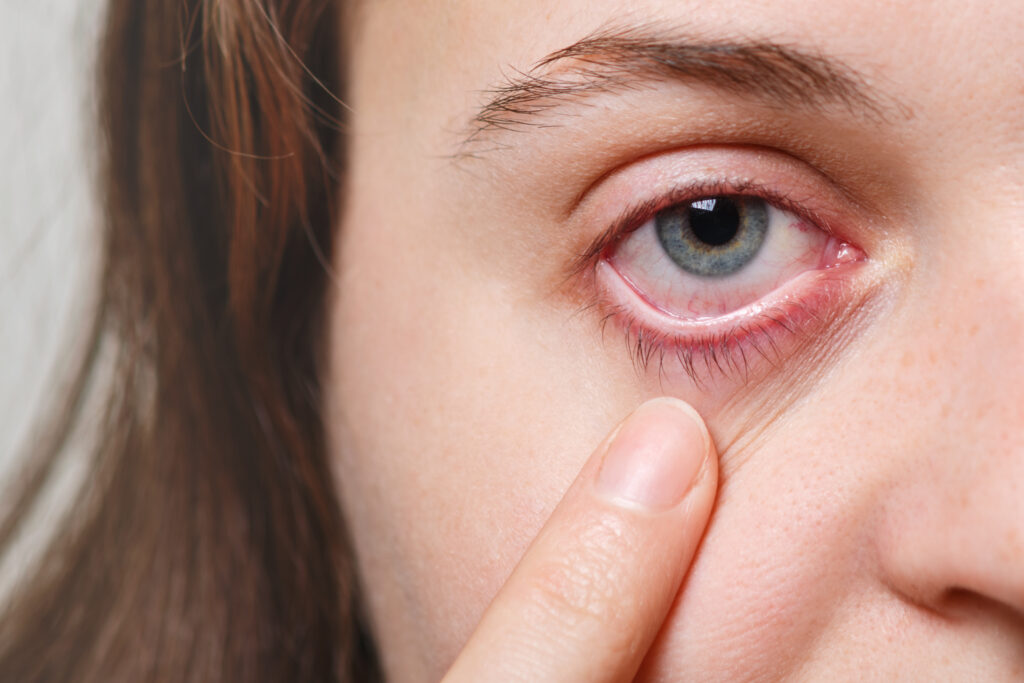The rising prevalence of sexually transmitted diseases (STDs) clearly shows the urgency for proactive measures. Thus, STD testing is a vital component of safeguarding your well-being and the well-being of those around you. In this blog post, we’ll dive deep into the repercussions of delaying STD testing, shedding light on why timely action is imperative.
If you want to take control of your health with STD testing in Bridgeport CT, consider reliable clinics nearby, such as Docs Primary Care – Bridgeport which offers seamless, confidential, and top-notch services.

1. Increased Risk of Transmission
You’ve been feeling on top of the world, and the thought of routine STD testing doesn’t even cross your mind. But here’s the twist — while you might feel fine, STDs often don’t give you a heads-up. Delaying your STD testing can unknowingly transform you into a transmitter, setting off a chain reaction with potential consequences.
Asymptomatic Carriers
Don’t let appearances fool you – some STDs are the ultimate undercover agents. They don’t come with blazing sirens or flashing signs; instead, they sneak around without causing any noticeable symptoms. This means you could be carrying an STD without even realizing it. So, make sure to regularly check for STD risks and empower yourself with the knowledge to protect your health and those you care about.
Alarming Transmission Rate
Delaying STD testing can create a domino effect that puts you and your partner(s) at risk. Picture those dominoes falling individually, each representing a missed opportunity to get tested. The longer you wait, the more chances the infection can spread, potentially leading to more cases.
Unintentional Transmission
Think about it – when you hit pause on your STD testing, you’re also inadvertently hitting play on potential transmission. Not knowing your status means you’re playing a high-stakes game with someone else’s health. Delayed testing could mean unknowingly passing the infection to a partner, leading to uncomfortable conversations and a breach of trust.
What Can You Do?
But here’s the silver lining — you can break this cycle. By embracing timely STD testing, you become the superhero of your own story. You can detect those hidden infections, halt potential transmission, and make informed choices about your sexual health.
2. Potential Complications
You might not think much about postponing your routine STD testing, especially if you’re not experiencing any symptoms. But here’s the hard truth: STDs don’t always come knocking with warning signs. Delaying your testing from reputable clinics like Docs Primary Care – Bridgeport can impact your health and life.
Escalated Health Complications
If left untreated, even the most harmless infection can morph into serious health complications. For instance, untreated chlamydia and gonorrhea can silently progress to pelvic inflammatory disease (PID). This condition causes excruciating pain and can scar your reproductive organs, leading to fertility challenges.
Long-Term Damage to Reproductive Health
Delayed STD testing can also have a lasting impact on your reproductive health. Infections like untreated syphilis can lead to severe issues , affecting your ability to conceive and carry a healthy pregnancy.
From Inconvenience to Life-Altering
What might appear as a minor inconvenience today can snowball into life-altering consequences tomorrow. The longer you delay your STD testing, the greater the risk of complications. It’s like playing a risky game of chance with your well-being, hoping that nothing serious will arise. But why gamble with your health when taking a simple test could mean the difference between a minor hiccup and a major health crisis?
3. Ripple Effect
So, you’re feeling perfectly fine, and the thought of delaying your routine STD testing doesn’t seem like a big deal. After all, you’re not experiencing any symptoms, right? Well, here’s the twist: the repercussions of delaying testing aren’t just about you; they extend to your partner(s) and beyond.
Responsibility to Inform
Delayed testing can lead to uncomfortable conversations and a breach of trust, causing emotional strains that could have been avoided with timely action. So, make sure to learn how timely testing can safeguard your well-being and relationships by visiting a nearby STD testing clinic like DOCS Primary Care – Bridgeport.
Legal Ramifications
Beyond ethics, there are legal considerations at play. In some regions, knowingly transmitting an STD without disclosing your status could have legal consequences. Delayed testing might unwittingly put you in a precarious position where you’re not only risking your health but also potentially facing legal troubles that could have been prevented.
What Can You Do?
Taking timely action isn’t just about protecting yourself – it’s about breaking the cycle of transmission. By getting tested, you’re not only safeguarding your well-being but also taking a proactive step to prevent the unintentional spread of infections. It’s a choice that reflects your commitment to responsible behavior and consideration for the well-being of others. Don’t delay an essential STD check-up. Discover the far-reaching consequences of postponing testing and take charge of your health today.

4. Mental Toll
Sure, you might brush off the idea of delaying your routine STD testing. But what about the emotional side of the equation? Delaying testing doesn’t just impact your physical health; it can take a toll on your mental well-being as well. If you are ready for STD testing in Bridgeport, CT, to safeguard your health, explore reputable options nearby like Docs Primary Care – Bridgeport, to ensure seamless, confidential, and exceptional services.
Stigma Strikes
It’s no secret – STDs come with a stigma. Even though we’ve come a long way in terms of openness and understanding, there’s still a lingering sense of shame around these infections. Delaying testing can intensify this stigma, making you feel like you’re carrying a dirty secret. The weight of silence can take a toll on your self-esteem and overall emotional health.
Delaying versus Knowing
Delaying your STD testing might temporarily shield you from an unpleasant reality, but in the long run, it can fuel more anxiety. On the flip side, knowing your status through testing might be daunting initially, but it can provide clarity and a sense of control. Acknowledging the fear and taking proactive steps can be a powerful way to ease your mental burden.
What Can You Do?
Remember, you’re not alone in this. The emotional toll of delayed testing is something many individuals experience. Reach out to friends, partners, or healthcare professionals.like the experts at DOCS Primary Care – Bridgeport, who can provide understanding and support. Sometimes, sharing your concerns can lighten the load and remind you that you’re not defined by a test result.
5. Limited Options
Sure, the idea of delaying your routine STD testing might not seem like a big deal. But let’s dive a bit deeper into what this delay could mean for your treatment options and long-term well-being. If you are considering STD testing in Bridgeport, CT, for your well-being, consult trusted clinics nearby like Docs Primary Care – Bridgeport, known for top-notch, confidential, and seamless testing services.
Time Factor
Timing is everything, especially when it comes to STDs. Early detection through timely testing can open up a world of treatment possibilities. But delay your testing, and you might inadvertently close doors to certain treatment options. The longer an infection goes untreated, the more it can evolve, potentially leading to a narrower range of effective treatments.
Emergence of Drug-Resistant Strains
Here’s the twist – some infections are smart. They adapt, evolve, and become resistant to the treatments that once worked. Delayed STD testing can unknowingly fuel the rise of drug-resistant strains. These strains are harder to treat, requiring more potent medications that might come with harsher side effects. By procrastinating on your testing, you might be unknowingly contributing to this challenge.
From Easy Fixes to Complex Solutions
Think of your health like a puzzle. Treating an STD is much easier when it’s in its early stages. Delaying testing can turn a relatively simple puzzle into a complex, intricate challenge. What could have been resolved with a straightforward solution might now require a combination of treatments, more doctor visits, and a longer recovery period.
What Can You Do?
On the flip side, choosing to prioritize your sexual health through early STD testing can keep your treatment options wide open. It’s like tackling a puzzle before it becomes overwhelmingly complicated. By being proactive, you give yourself the chance to access a variety of treatments that can address the infection before it takes a stronghold.

6. Financial Strains
Let’s dive into a side of the equation that often goes overlooked – the financial aspect. If you wanna start prioritizing your health with STD testing in Bridgeport, CT, discover reliable clinics nearby, including Docs Primary Care – Bridgeport, which offers confidential, top-notch, and seamless services.
Late-Stage Costs
Think about this: treating an STD in its early stages is like catching a small leak before it floods your house. It’s manageable and relatively inexpensive. Delay your testing, and that small leak could turn into a major deluge. Treating advanced-stage STDs often comes with a heftier price tag, involving more intensive treatments, medications, and doctor visits.
Accumulating Bills
Here’s the kicker – delaying STD testing doesn’t just impact your wallet in the short term. It has the potential to create a ripple effect of financial strain. The longer you wait, the more likely you are to face escalating medical bills, ongoing treatments, and potentially even hospital stays. What starts as a simple delay could evolve into a long-term financial burden.
Burden on Healthcare Resources
It’s not just your personal finances that take a hit. Delayed STD testing also contributes to the strain on healthcare resources. Hospitals and clinics face increased demand for treating advanced infections that could have been prevented with timely testing. This increased demand places pressure on the healthcare system, potentially leading to longer wait times and diminished quality of care.
What Can You Do?
Consider this: investing in your sexual health through timely STD testing is a preventative measure. Preventing an infection from progressing into a costly health crisis is not only better for your well-being but also for your wallet. The upfront cost of testing is often significantly lower than the financial toll of treating advanced infections. By choosing to get tested, you’re making a strategic investment in your well-being. It’s a choice that can save you not only from physical discomfort but also from the financial stress that can arise from delayed action.
7. Relationship Strain
Alright, so you’re contemplating delaying your routine STD testing. But have you considered the potential implications for your relationships? Delaying testing doesn’t just affect you; it can cast a shadow on the bonds you hold dear.
Fallout of Concealment
Picture this scenario: you’re in a committed relationship, but you’re keeping your delayed testing a secret. What happens if your partner finds out? Delaying testing can inadvertently erode the trust that’s the foundation of any healthy partnership. Keeping your status hidden might lead your partner to question your honesty, which can strain even the strongest of relationships. Ladies, don’t overlook the importance of timely testing. Test for STD female risks and empower yourself to make informed choices.
Testing the Strength of Relationships
Delaying STD testing can serve as a litmus test for your relationship’s resilience. How you navigate challenging situations – like making the decision to delay testing – can reveal a lot about your partnership’s dynamics. It’s about communication, empathy, and mutual respect. Delaying testing without open dialogue can create a chasm that’s hard to bridge.
Shared Responsibility
Remember, sexual health isn’t a solo journey – it’s a shared responsibility. Delaying your testing without communicating your reasons can leave your partner feeling left out, confused, or even betrayed. Being transparent about your choices and engaging in a dialogue about sexual health shows that you prioritize your relationship’s well-being.
Strain on Intimacy
Intimacy is at the heart of any romantic relationship. Delayed testing can cast a shadow on this intimacy. Fear of transmission, uncertainty about your status, and the emotional baggage that comes with delayed testing can create a barrier between you and your partner. By addressing your sexual health openly, you ensure that your physical and emotional connection remains strong.
What Can You Do?
The good news is that it’s never too late to rekindle the connection strained by delayed testing. It’s about acknowledging the impact your choices have had and taking joint action to prioritize sexual health. By getting tested, you not only ensure your well-being but also send a powerful message to your partner that you’re committed to their health and the health of your relationship. If you want seamless, confidential, and top-notch STD testing in Bridgeport, CT, you might want to consider respected clinics nearby like Docs Primary Care – Bridgeport, to prioritize your sexual health journey.
Why Prioritizing STD Testing Matters
So, you’re considering delaying your routine STD testing. Before you make that decision, let’s take a moment to explore the bigger picture – why regular testing is a key pillar of a healthier, more responsible lifestyle.
Preventive Edge
Think about regular STD testing as an extension of your healthcare routine. Just as you go to the dentist for checkups or schedule annual physical exams, regular testing serves as a preventive measure. It’s about staying ahead of potential issues and catching any anomalies before they spiral into complications.
Gift of Information
Knowledge is a formidable tool, especially in the realm of sexual health. By prioritizing regular STD testing, you arm yourself with valuable information about your body. This knowledge empowers you to make informed decisions, seek appropriate treatment when necessary, and engage in behaviors that protect both yourself and your partners. Take control of your sexual health journey. Learn why it’s crucial for women to test for STD risks early, ensuring long-term well-being.
Your Responsibility, Your Impact
Remember, your sexual health journey doesn’t exist in isolation. Your choices have a wider impact on the community around you. By making regular testing a priority, you’re contributing to a culture of responsible behavior and sexual health awareness. You become a beacon of information and inspiration for those around you. Curious about STD panel testing? Explore its significance in preventing complications and the role it plays in maintaining your overall health.
Normalizing Testing
Let’s address the elephant in the room – stigma. The more we normalize the conversation around regular STD testing, the more we chip away at the stigma that often surrounds it. When you prioritize your sexual health openly and unapologetically, you become part of a movement that seeks to break down barriers and foster open dialogue.
Road to Long-Term Health
Delaying STD testing might offer temporary relief, but it’s essential to consider the long-term impact. Regular testing sets you on a path to sustainable well-being. It’s an investment in your future self – a commitment to nurturing a healthy body and mind that can withstand the challenges that life throws your way. Get informed about the benefits of comprehensive STD panel testing. Discover how it can offer a clearer picture of your sexual health status.

Take Charge and Schedule Your STD Test Today!
Ready to take control of your sexual health? At Docs Primary Care – Bridgeport, we’re here to support you every step of the way. Don’t delay your well-being – schedule your STD test today and ensure a healthier tomorrow. Our experienced team understands the importance of timely testing and offers a safe, judgment-free space for you to address your concerns so you can get STD test results within 20 minutes. Your health matters, and we’re here to provide the care you deserve. Don’t wait any longer – make that proactive choice now. Contact us today for a consultation!









































 Explanation of Diabetes
Explanation of Diabetes




